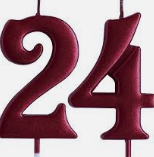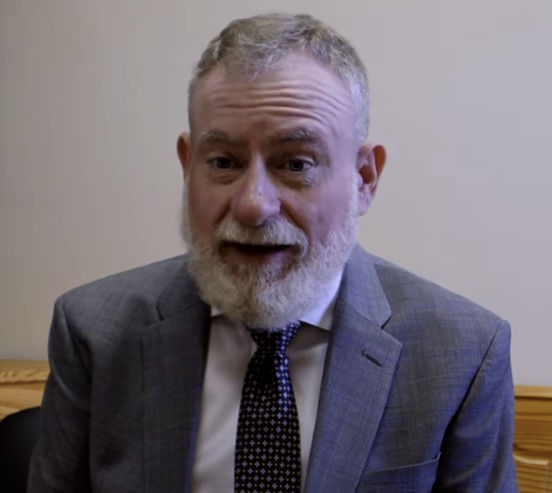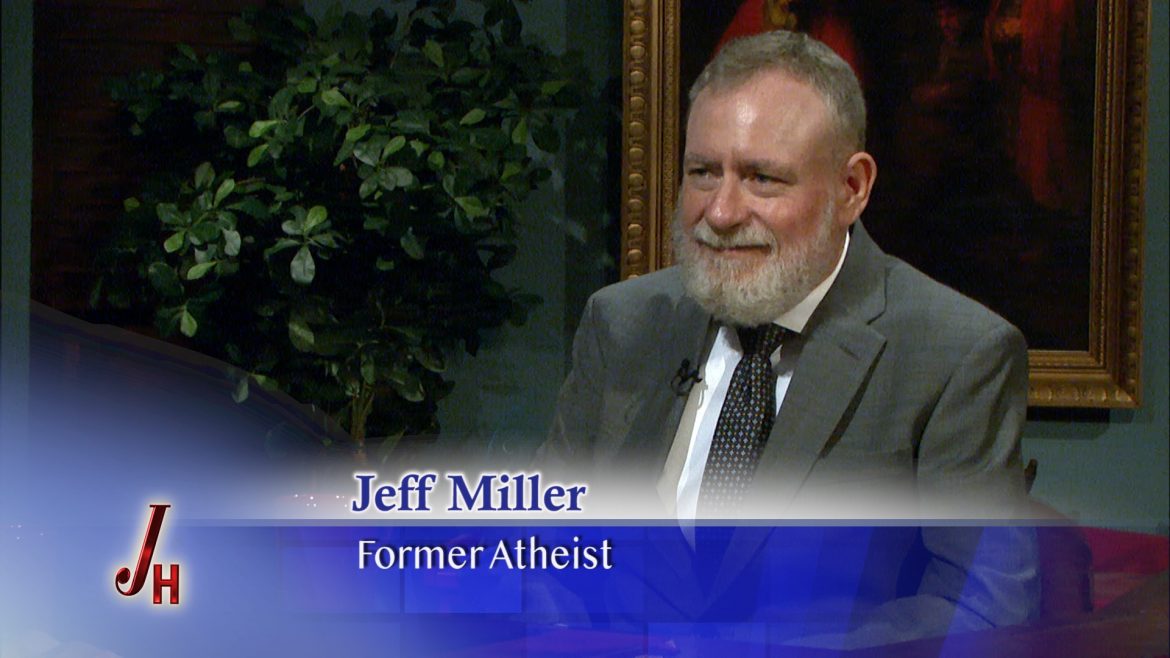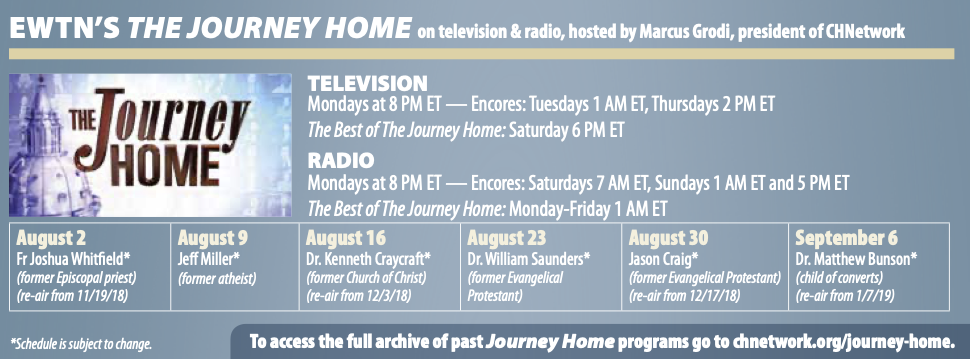From the pierced Heart of Christ, symbol of the love which immolated Him on the Cross for us, came forth the Sacraments, represented by the water and the Blood flowing from the wound, and it is through these Sacraments that we receive the life of grace. Yes, it is eminently true to say that the Heart of Jesus was opened to bring us into life. Jesus once said, “Narrow is the gate… that leadeth to life” (Mt 7,14); but if we understand this gate to be the wound in His Heart, we can say that no gate could open to us with greater welcome. (Father Gabriel of St. Mary Magdalen, O.C.D., “Divine Intimacy”)
I like this metaphor of following the narrow way into Jesus’ heart. An image that shifts the focus from the narrowness and implied difficulty of the path to what we are created for. Teleology has fallen out of fashion, in part, to let us define for ourselves the meaning of all aspects of our life. In seeking to shed limits, we impose heavier limits on who we are and our call to holiness.
I know my concupiscent heart desires both to be drawn to Jesus’s heart and to the stone heart of the world in materialistic pleasures. In avoiding the narrowness of the path, I become more narrow by not expanding my trust. Jesus speaks of a narrowness that implies a focus, and not the narrowness of pride collapsed in on itself.
If you make “Temporary Promise” as a Secular Discalced Carmelite, you are supposed to take on a religious name used occasionally within the community. When I did so, my motive was initially to pick something super pious and impressive. Maybe something long to make it even more pious. Obviously, I have a long way to go regarding my motives. I finally settled on the Sacred Heart of Jesus as a personal focus of his love for us. I am not drawn too much of the imagery of the Sacred Heart in Catholic art, as it is does not fully conform to the beauty I sense in this image. More kitsch as in sentimental, than my mental tenuous grasp of the deeper meaning of this.
The name I ended up with was “St Thomas of the Sacred Heart.” The St. Thomas is two-fold. The Apostle St. Thomas who demanded empirical knowledge as I did in my days as an atheist. Along with the St. Thomas as in Aquinas who replied _Domine, non nisi Te_—that is, “Lord, nothing except you.” in answer to Jesus’ question to him for what reward he desires for his labour.
Getting back to Father Gabriel’s point that “we can say that no gate could open to us with greater welcome.”
29 Take my yoke upon you, and learn from me, for I am gentle and lowly in heart, and you will find rest for your souls. 30 For my yoke is easy, and my burden is light.” (Mt 11:29–30)
I often struggle with this and think of it as counterintuitive. Knowing that this is true, while once again trying to do something apart from him. Avoiding commitment and inconvenience in dumb hope to coast towards Christ, I find more difficulty and pain. My avoidance of suffering has only led to more suffering.
Grace constantly gives us the opportunity to accept it. To reduce the discrepancy between knowing a truth and living conformed to that truth.
Joe Heschmeyer recently wrote about the establishment of The Feast of the Sacred Heart.
… we find devotion to the Sacred Heart throughout the Middle Ages, but it goes from being a personal devotion to a liturgical feast in no small part in response to the heresy of Jansenism. In the words of Pope Pius XI, “the feast of the Sacred Heart of Jesus was instituted at a time when men were oppressed by the sad and gloomy severity of Jansenism, which had made their hearts grow cold, and shut them out from the love of God and the hope of salvation.”
There is so much that I find important and consoling in what Joe Heschmeyer wrote, that I want to quote extensively from it, but please read it yourselves.
“even now, in a wondrous yet true manner, we can and ought to console that most Sacred Heart which is continually wounded by the sins of thankless men.” (Pope Pius XI, Quas Primas)
The cure for my thanklessness is to be thankful.
Our grounds for gratitude are really far greater than our powers of being grateful. (G. K. Chesterton, “Negative and Positive Morality”)









